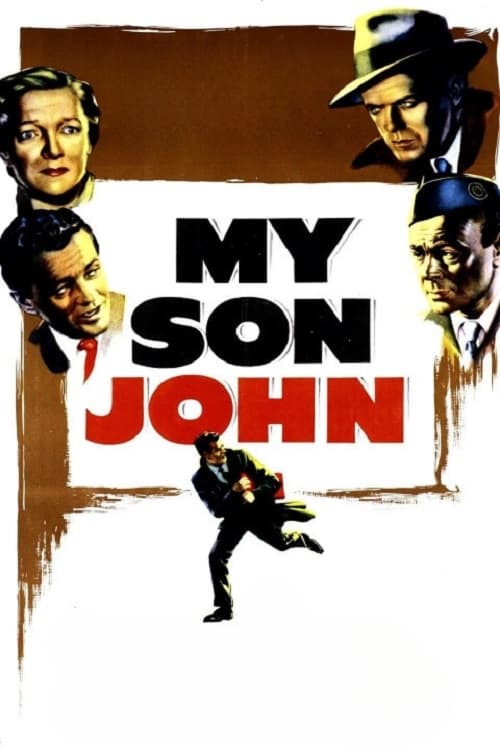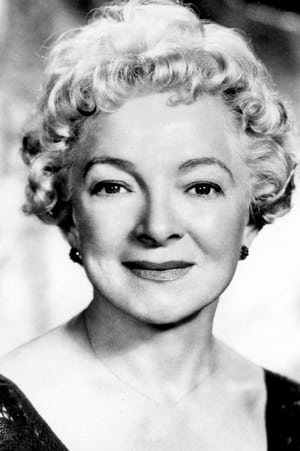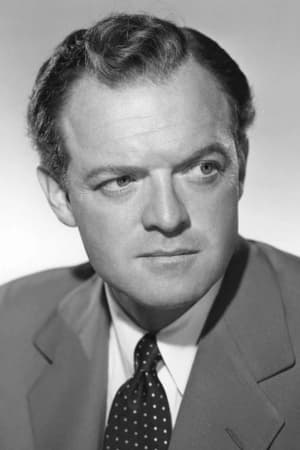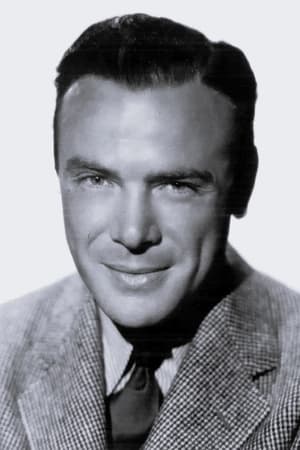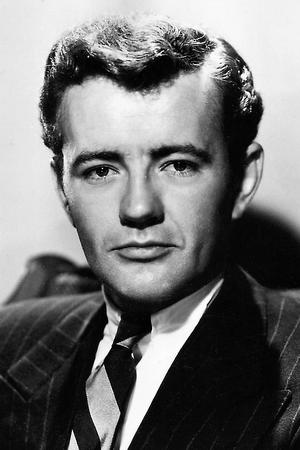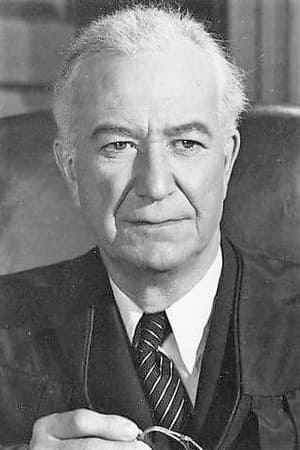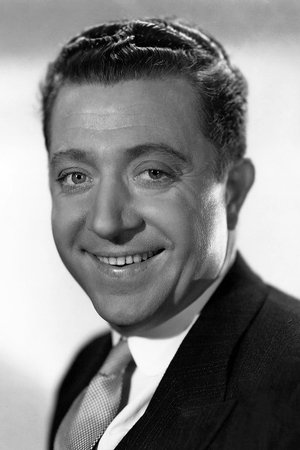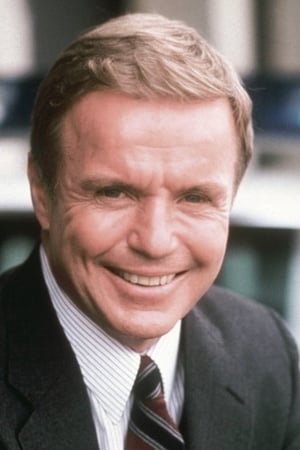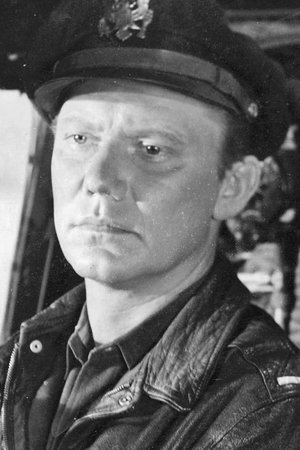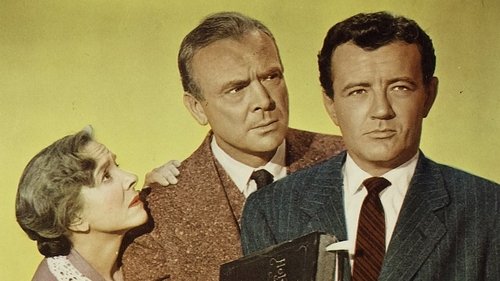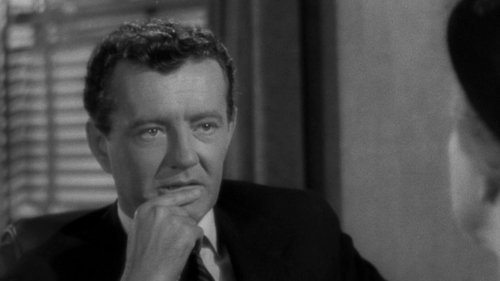
CinemaSerf
6
|
Jul 21, 2025
When we get to the very end of this film we get some sort of explanation, but for the most part I was uncomfortably in the dark as to the goings-on at the “Jefferson” home. “Dan” (Dean Jagger) and wife “Lucille” (Helen Hayes) have three sons. Two are in the army, the third “John” (Robert Walker) has recently returned home from Washington, but seems out of sorts. He no longer wants to go to church, is uninterested in his old friends and haunts and he also takes phone calls from people who don’t want to leave messages. Curious, but not really suspicious, his parents have a shunt in their car with the visiting “Stedman” (Van Heflin) who initially laughs it off, then he comes calling for his $18-odd for the repair, then - well his presence and the tone of the film both take a more sinister turn. It’s an America where communist paranoia permeates everywhere, even small towns where gossips are quick to put two and two together and end up with whatever they want to. Question is. Who exactly is “John” now? I found the story all too thin and meandering and for it to have resonated it needed something more substantial to sustain it as it dragged along for just over the two hours. That said, though, there is one stand-out effort and that comes from Helen Hayes. Jagger is always safe pair of hands, but it is Hayes whose character becomes more and more confused, conflicted and uncertain that delivers a powerful characterisation as we head to the conclusion that tests every ounce of her mother’s love. That finish, in itself, has a foreboding and/or empowering message to it but you can hear that for yourself if you make it that far. Perhaps if it was half an hour shorter and much more focused, it might have worked better. As it is, it is regularly quite dull.
